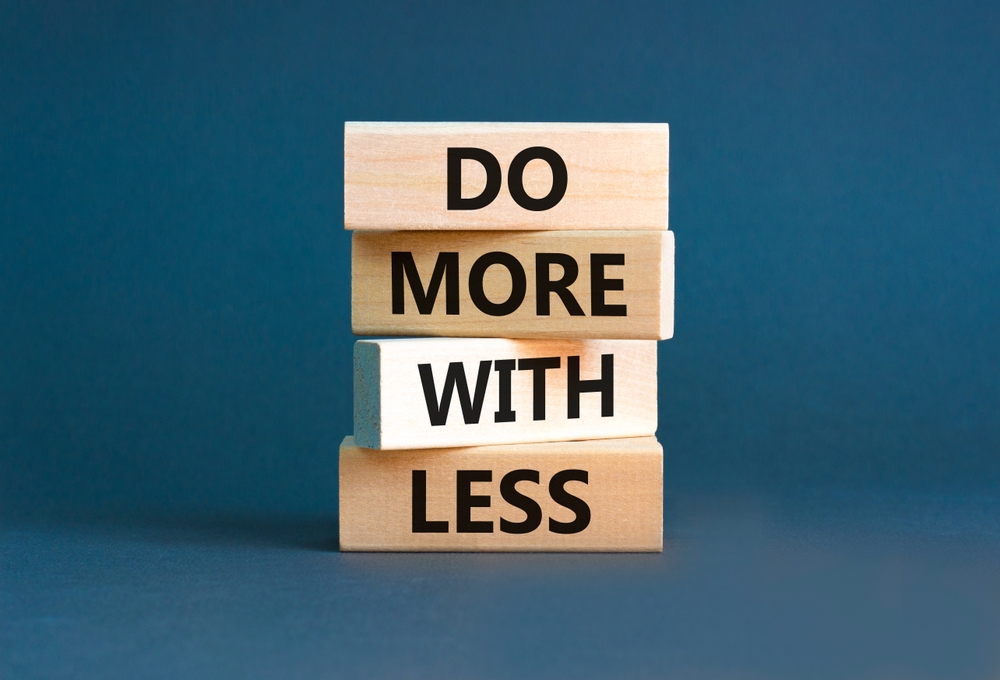While conducting a series of interviews with a handful octogenarian New Yorkers, author John Leland concluded with a piece describing the epiphany these encounters led him to: “a message so counterintuitive that it took a long time to sink in. But finally it did: If you want to be happy, learn to think like an old person.” The happiness of his interviewees, Leland concluded, seemed to center on their propensity to focus “not on their declining abilities but on things that they could still do and that they found rewarding.”
Research on the disposition and contentment of older people supports his anecdotal experience, with studies demonstrating that the older population reports “higher levels of contentment or well-being than teenagers and young adults.” But does that mean this kind of contentment comes only with age and its accompanying wisdom? While the ability to have perspective and appreciate the positive over the negative seems endemic to aging, it’s not a skill that is unattainable for younger generations either. Below are a few critical tools courtesy of Smarter Living that anyone of any age can leverage to strengthen their capacity for happiness:
- Say goodbye to negative thinking – while our tendency to focus on the negative is an evolutionary trait that helped our ancestors learn from adverse situations and have the best chance of survival, it doesn’t serve humans very well in modern day life. Nowadays, when something bad happens, it’s rarely threatening our survival, and still we tend to overanalyze and obsess over it. The key to overcoming negative thinking habits isn’t to ignore (or obsess) but to be honest: acknowledge the negative thoughts and then challenge how “true” they actually are with simple questions that allow you to self-investigate. Stopping the cycle of negative thinking hinges on gaining perspective that helps us see how our negative thinking is unrealistic and unfair to ourselves and others.
- Forgive and forget – think about someone you care deeply about and remember a time when they asked your forgiveness for a wrongdoing. Recall how readily your compassionate response and forgiveness was for them? Now direct that toward yourself. Many people are ready to forgive and go easy on loved ones but not themselves. Acknowledge and make peace with your disappointments, mess-ups, and anything in between that holds you down in negativity and keeps you stuck. Forgive yourself and move on.
- Money’s just money – instead of seeing work primarily as a means to earn money, and with a pressure to constantly earn more, try to discover some facet of your work that brings you genuine fulfillment and a sense of purpose. Studies have shown that there’s a threshold of income that “buys happiness” but after that more money is just that— just more money, not more happiness.
- Time is of the essence – when deciding between spending on more possessions or spending on services that buy you more time, science shows people whose expenses go toward timesaving services like ordering takeout or hiring a cleaning service were happier than those who didn’t. Spending that prioritizes time and life-balance allows you to focus your energy on meaningful activity and on people who matter to you.
Happiness, as well as the aptitude for focusing on the positive and keeping the negative in perspective is a unique strength of the older generation, but it’s any person’s for the taking, if they’re willing to adopt some simple practices that enhance perspective and allow us to be realistic and compassionate towards ourselves and others. Leland says that while his interviewees weren’t always exuberant they were consistently resilient, “not paralyzed by the challenges that came their way. All had known loss and survived. None went to a job he did not like, coveted stuff she could not afford, brooded over a slight on the subway or lost sleep over events in the distant future. They set realistic goals.” His story, and our own experience as happy, fulfilled people enjoying our later years are in Leland’s words, “a rejoinder to the myth that youth is life’s glory, after which everything is downhill.” Here’s to busting that myth, and to the joy of thinking like an older person.












0 Comments